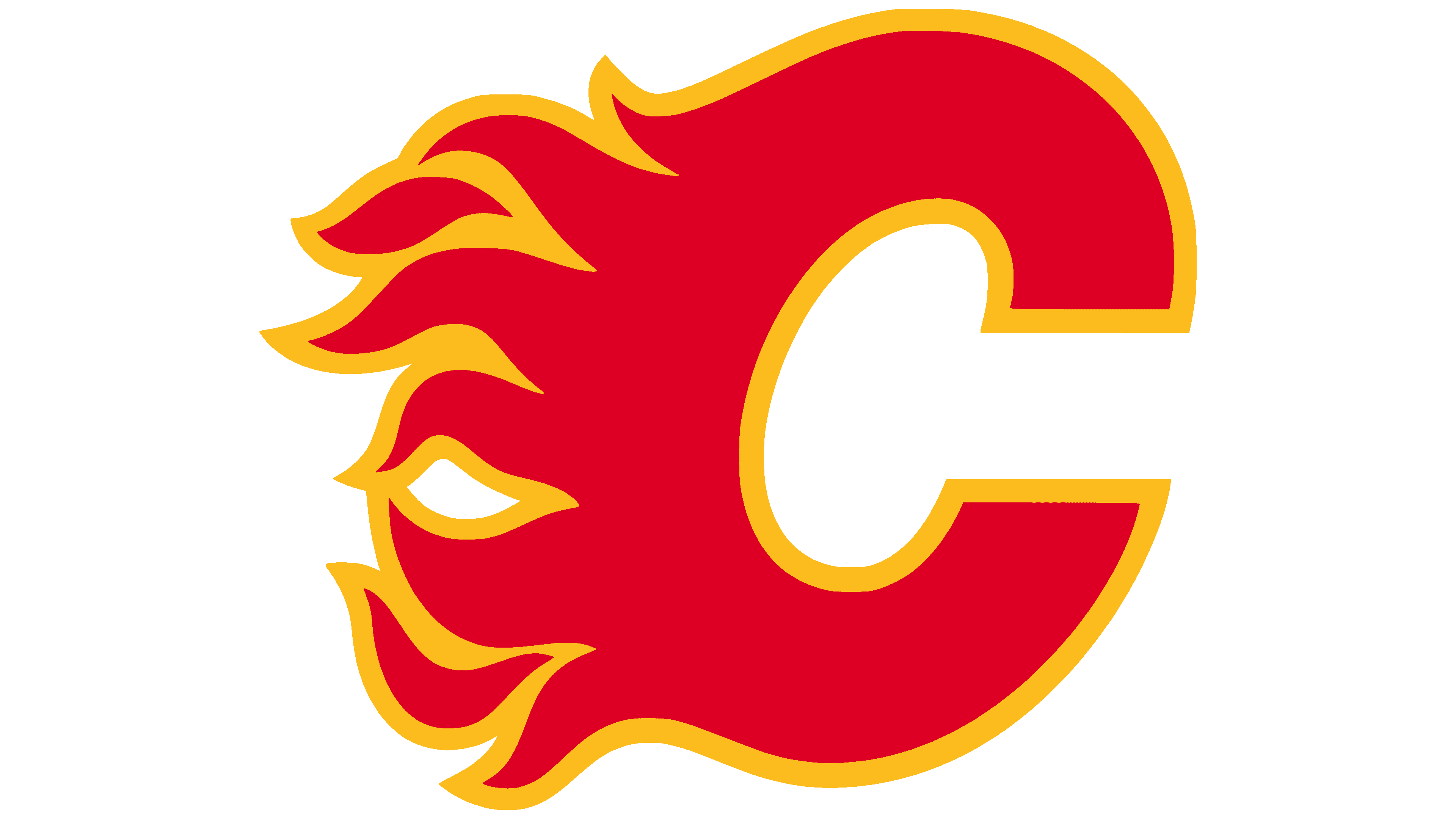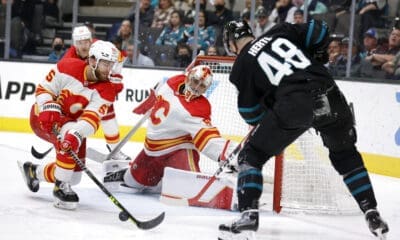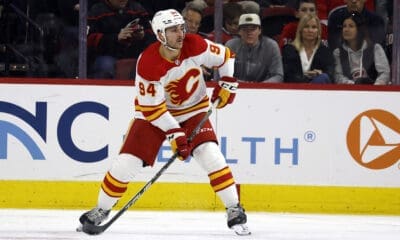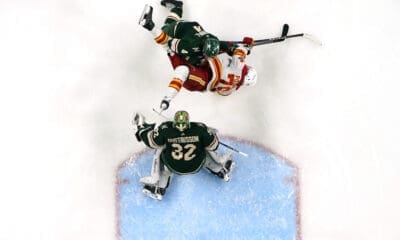Calgary Flames
2012 NHL Trade Deadline: Utter Blasphemy (Or Why I’d Take Jeff Carter Over Rick Nash)

The popular opinion seems to be that Jeff Carter is a whiny baby quitter who’s injury prone and signed to an awful contract while Rick Nash is an elite player who’s worth the world. Nothing could be more wrong.
With both Columbus stars theoretically available at the trade deadline, the talk has shifted from "I'm not sure I'd want Jeff Carter" to "WOWEE DO I SURE WANT RICK NASH", seemingly without regard to actual production and future production. While that reaction shift is certainly entertaining, it's also off base for several reasons: production, contract, "reputation", and value of draft picks.
Production
Ask any hockey fan who's a better player, Nash or Carter, and they'll almost always respond with Nash. While the relative merits of defensive play and underlying stats can be debated, I'll focus on the counting stats since they're more widely accepted. Since 2008-09 (the time when Carter came into his own) Rick Nash has scored at a 0.88 points/game clip while Jeff Carter has clocked in at 0.85 points/game. Not exactly a world of difference in skill there.
Contract
This always seems to be the sticking point for most fans. Jeff Carter has an “ugly” contract while Nash’s contract is simply ignored (probably because it’s uglier still but that hardly fits the narrative). The fact of the matter is that Carter’s contract is actually pretty good aside from the length, and even that’s manageable. Rick Nash has a cap hit of $7.8M. Yes. A player who has scored more than 70 points in his NHL career exactly one time has a cap hit of nearly $8M. Carter’s? $5.3M. That’s a difference of over $2M a year in cap space- enough to sign quality depth player to augment the team. The sort of player the Blue Jackets could really use this year.
The real salary doesn’t exactly tip in Nash’s favor either: while his deal actually gets more expensive at the end ($8.2M/year) Jeff Carter’s gets significantly lower, ending at an easily buried $2M. Even in 2018-19, when he’s probably on a downhill slope, it’s at $5M, the same amount Brian Rolston is earning this year. Carter’s deal might be long, but it’s both manageable and, well, a good deal.
Reputation
This is probably the other big issue for fans. Everyone knows Carter isn't a team player. Everyone knows Carter is injury prone. Everyone knows Rick Nash is an emotional and physical rock. How much of that is accurate (and how much matters?)
The following is a table of their games played over the last four seasons. Guess which one is "injury prone".
| GP | GP |
|---|---|
| 82 | 80 |
| 82 | 78 |
| 74 | 76 |
| 80 | 75 |
If you couldn’t figure it out by the point I’m making, Jeff Carter is on the left. To be fair, I’m not including this season, but this season is the only extended amount of time he’s missed. This isn’t Rick DiPietro or Ales Hemsky. This is a player who’s spent the vast majority of his career healthy.
And about the attitude? Well, I have it on good faith that the "whispers" about Carter having a bad attitude are true, but that doesn't really deter me too much. He gave up a lot of money and options to stay in Philly only to be promptly shipped to one of the worst teams on the league and get injured. I have a bad attitude just thinking about it.
Value of Draft Picks
It’s a foregone conclusion that Jeff Carter (and Rick Nash for that matter) would command at least a first round draft pick, but so many Flames fans seem to think that’s the end of the world. I can understand where that view point comes from; Calgary finally has a high-ish draft pick who promptly develops into a stud player- in the WHL, at least. Unfortunately, that’s the wrong way to look at draft picks. Sven Baertschi isn’t indicative of 13th overall picks. He’s an exception to the norm. Look at the players chosen around him and how they’re developing.
Drafting is important, but if you can get a young player on the right side of 30 for a pick and prospect or so, you’re making a good deal. Nothing is proven about prospects or draft picks until they have a legitimately good NHL season, and it’s important to remember that. If I recall, the latest stats show that a 1st round pick has approximately an 80% chance of being a career NHL player. That’s not “superstar” or “first liner”. That just means they’ll stick around for a full career, like Chuck Kobasew. The chances of a mid first round draft pick turning into a star are even lower.
It seems unlikely Calgary will acquire Rick Nash or Jeff Carter, but if Jay Feaster finds himself talking to Scott Howson, I hope he asks after a center, despite popular opinion.
by Arik Knapp








